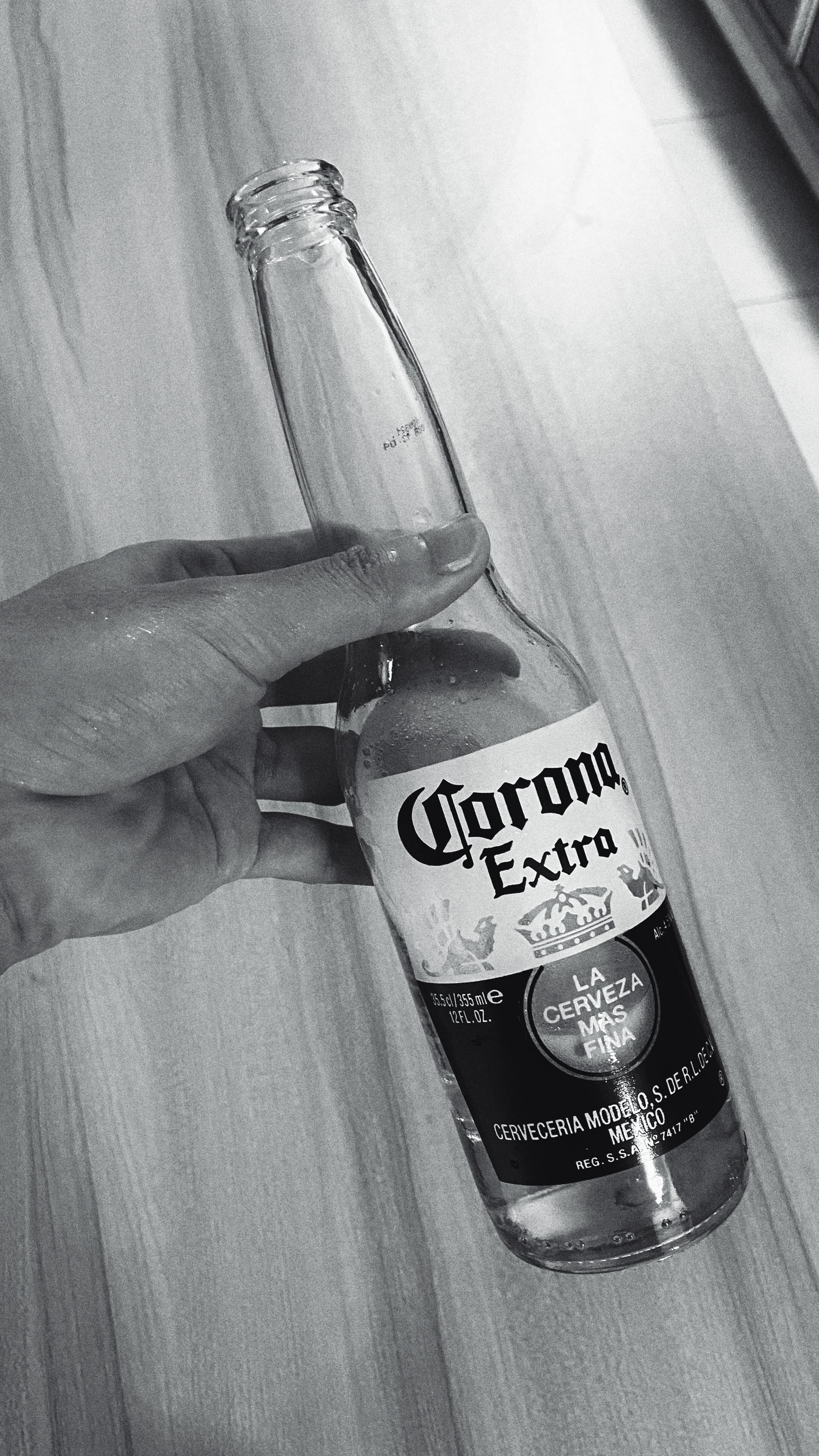
Hình ảnh nhậu một mình đẹp
Hình ảnh nhậu một mình đẹp
Khi buồn chán người ta thường nghĩ đến việc đi nhậu một mình để giải khuây tư tưởng, xả stress. Hình ảnh nhậu một mình đẹp sẽ giúp bạn chia sẻ được phần nào nỗi buồn trên các trang mạng xã hội cùng với bạn bè.


Ảnh đi uống một mình

Ảnh nữ uống rượu thất tình đẹp

Ảnh nhậu buồn

Ảnh nhậu cô đơn lạc lõng

Ảnh nhậu cô đơn thất tình đẹp

Ảnh nhậu cô đơn thất tình

Ảnh nhậu cô đơn

Ảnh nhậu lẻ loi cô đơn

Ảnh nhậu một mình

Ảnh nhậu một mình 2K đẹp

Ảnh nhậu một mình 4K

Ảnh nhậu một mình buồn, trống trải

Ảnh nhậu một mình buồn

Ảnh nhậu một mình cô đơn lẻ loi

Ảnh nhậu một mình cô đơn

Ảnh nhậu một mình chất lượng cao

Ảnh nhậu một mình dễ thương cute

Ảnh nhậu một mình Full HD

Ảnh nhậu một mình thất tình đẹp

Ảnh nhậu ngoài đường cô đơn

Ảnh nhậu Strongbow một mình đẹp

Ảnh nhậu tâm sự buồn

Anh nhậu thất tình buồn

Ảnh nhậu thất tình đẹp

Ảnh nhậu thất tình

Ảnh nhậu và hút thuốc buồn

Ảnh Strongbow

Ảnh uống bia Budweiser

Ảnh uống bia cô đơn lạc lõng một mình

Ảnh uống bia hút thuốc đẹp

Ảnh uống bia hút thuốc

Ảnh uống bia một mình

Ảnh uống bia rượu một mình

Ảnh uống bia rượu thất tình

Ảnh uống bia rượu thất tình

Ảnh uống rượu cô đơn một mình

Ảnh uống rượu cô đơn

Ảnh uống rượu một mình đẹp

Ảnh uống rượu một mình

Ảnh uống rượu say một mình

Ảnh uống rượu thất tình

Ảnh uống Strongbow đẹp

Hình ảnh nhậu một mình bên cửa sổ buồn

Hình ảnh nhậu một mình buồn giữa đêm khuya

Hình ảnh nhậu một mình buồn trong căn phòng

Hình ảnh nhậu một mình buồn vô vọng trước biển

Hình ảnh nhậu một mình buồn

Hình ảnh nhậu một mình cô đơn, buồn tủi

Hình ảnh nhậu một mình đẹp

Hình ảnh nhậu một mình thất tình

Hình nền nhậu một mình cho điện thoại

Hình nền nhậu một mình cho máy tính

Hình nhậu một mình đẹp

Hình nhậu một mình

Nhậu một mình đẹp
Trên bài viết này, Thủ thuật phần mềm đã gửi đến các bạn những hình ảnh nhậu một mình, nhậu buồn đẹp nhất. Chúc các bạn một ngày vui vẻ!
Admin
Link nội dung: https://pi-web.eu/hinh-anh-nhau-mot-minh-dep-1735589416-a1914.html